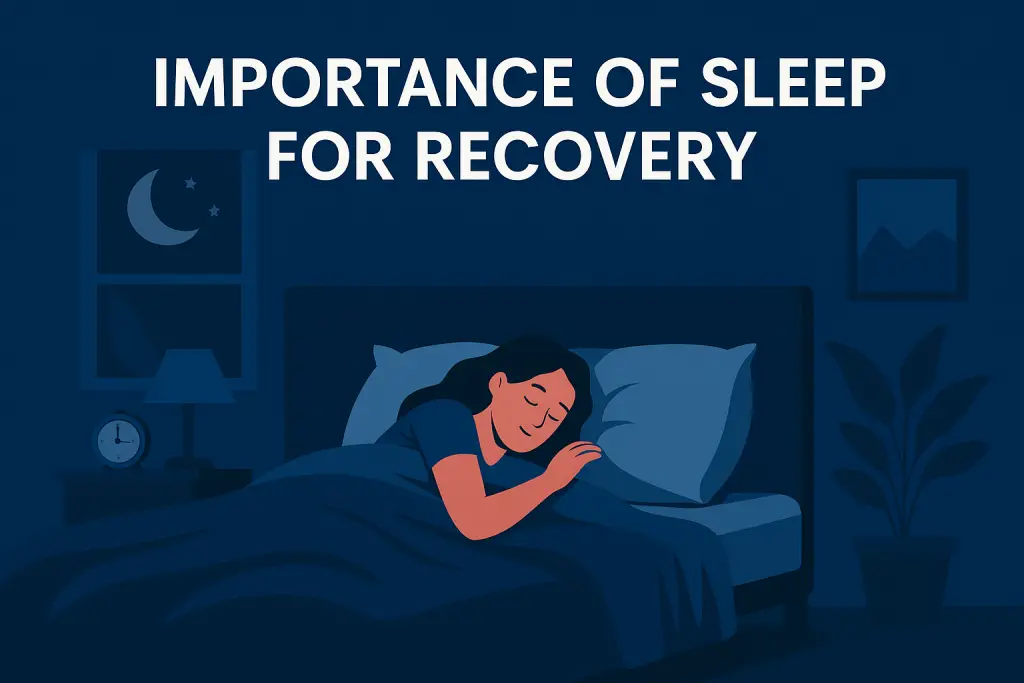Why Sleep Might Be the Most Underrated Recovery Tool in Your Fitness Journey

When people talk about gains, they’re usually talking about gym time, macros, or supplements. But here’s the truth most lifters ignore: you don’t build muscle in the gym—you build it while you sleep.
If your training is dialed in but your progress feels stuck, you might not need to train harder. You might just need to sleep better.
What Happens During Sleep (That Your Muscles Love)
Sleep isn’t just a break from the day—it’s an active recovery process. Here’s why it matters:
- Muscle Repair: After lifting, your body uses sleep to repair microtears in your muscles. This is when you actually get stronger.
- Hormone Production: Deep sleep boosts testosterone, growth hormone, and other key hormones that drive recovery and muscle growth.
- Nervous System Reset: Heavy lifting taxes your central nervous system. Sleep helps reset your baseline so you don’t feel fried before your next session.
No supplement on earth can replace what 7–9 hours of good sleep gives you for free.
How Poor Sleep Kills Your Progress
Miss a few nights of quality sleep and you’ll feel it—physically and mentally:
- Slower Recovery: You’ll stay sore longer and feel less “recovered” between workouts.
- Weaker Performance: Studies show even one bad night of sleep can reduce strength and endurance the next day.
- Increased Cravings: Lack of sleep throws off hunger hormones (ghrelin and leptin), making you crave junk and overeat.
- Higher Injury Risk: Poor sleep impacts coordination and reaction time, increasing the risk of accidents, especially during heavy lifts.
You could be doing everything else right—training smart, eating clean, staying hydrated—and still sabotage your results just by skipping sleep.
So How Much Sleep Do You Actually Need?
Most adults need 7 to 9 hours of sleep per night, but athletes and people doing intense training (hello, strength block) often do better with 8–10.
If you’re waking up groggy, relying on caffeine to survive your morning, or dreading your warm-up sets—you probably need more.
Not sure how much sleep you need? Try our Sleep Calculator to get a personalized estimate.
Tips for Better Sleep (Without Turning Into a Monk)
You don’t need a perfect routine. Just try one or two of these:
- Go to bed at the same time each night. Your body likes rhythm.
- Cut screens 30–60 minutes before sleep. Blue light = brain stimulation.
- Cool your room. Aim for 60–67°F (your sleep hormones love it).
- Stop hammering caffeine late in the day. Even 2pm coffee can mess up your deep sleep.
- Try a wind-down routine. Stretching, light reading, or mobility work works better than doomscrolling.
Bottom Line
If you train hard, you have to recover harder. And that starts—not with another protein shake—but with getting serious about sleep.
Prioritize it like your progress depends on it.
Because honestly? It does.